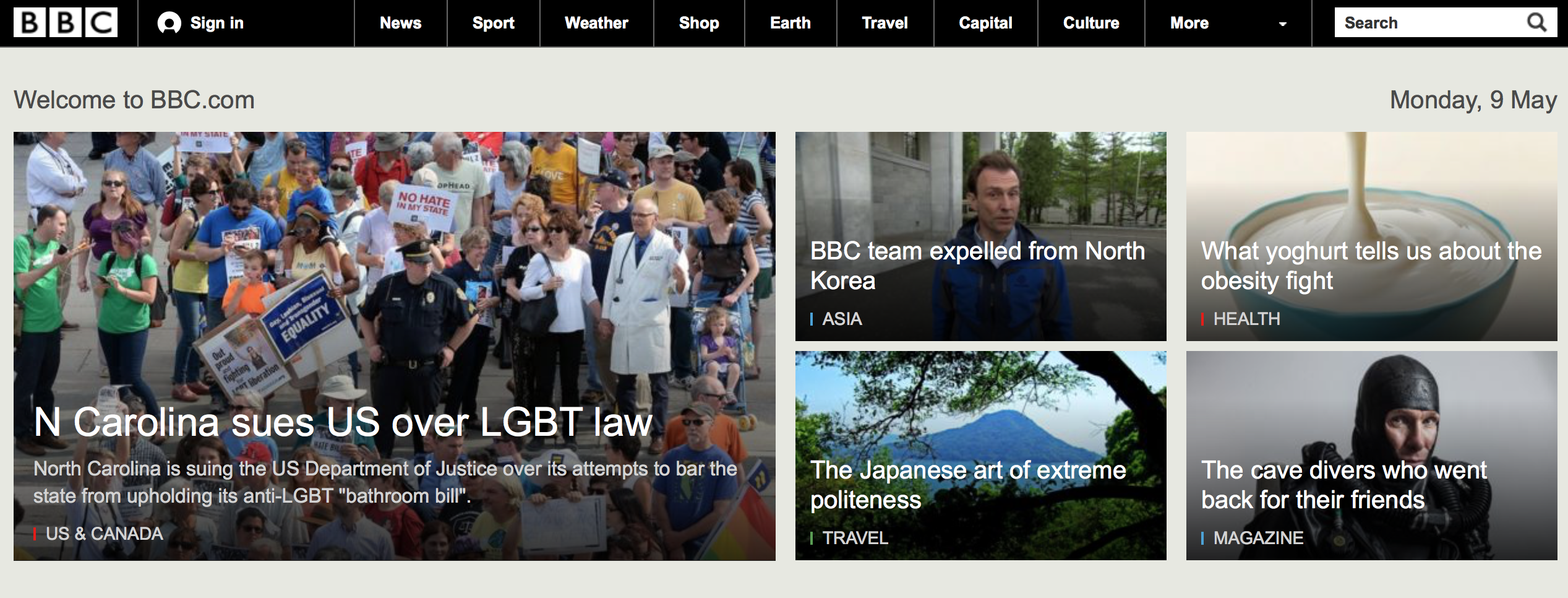I made a rather startling discovery yesterday while looking for one of my old CNET News stories: My byline has been removed and changed to Staff. Not on just the one, but all. That ends any historical record reporting for the early tech website—from 1999-2003. While others sites I wrote for during 2003-2009 have vanished, CNET remained and my name as author of record on thousands of stories. It was a repository I could rely on. No longer.
The discovery came while searching for “Mac Cube: Is it all it’s cracked up to be?” The analysis sought to answer a question I had as a G4 Cube owner—as did others, many of whom were regular readers. The dek captures the story’s spirit: “Apple Computer is fending off criticism its stylish Power Mac G4 Cube is marred by cracks. But are the hair-thin lines the defects they appear to be?”











